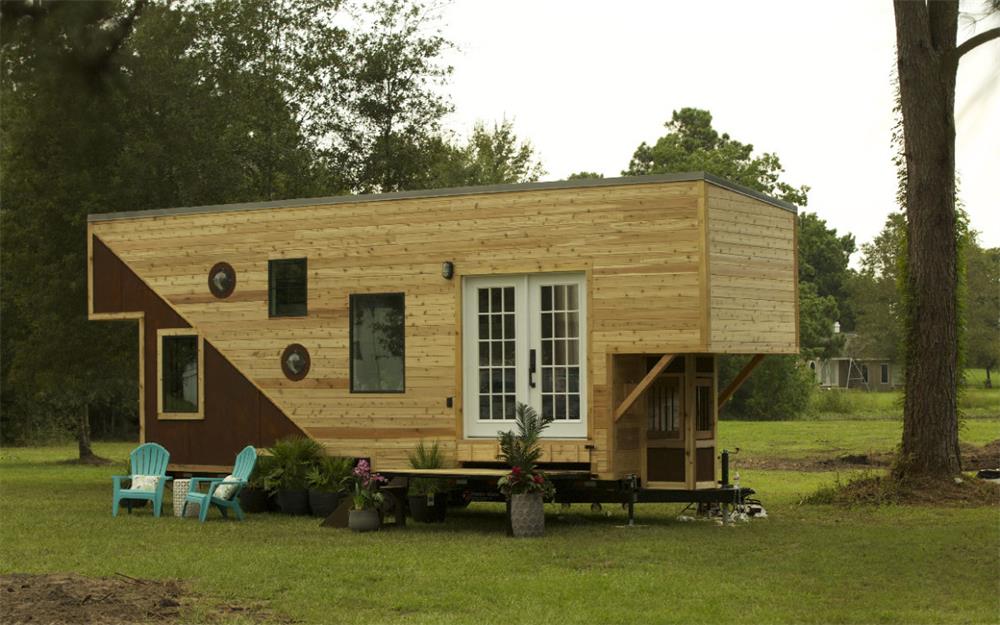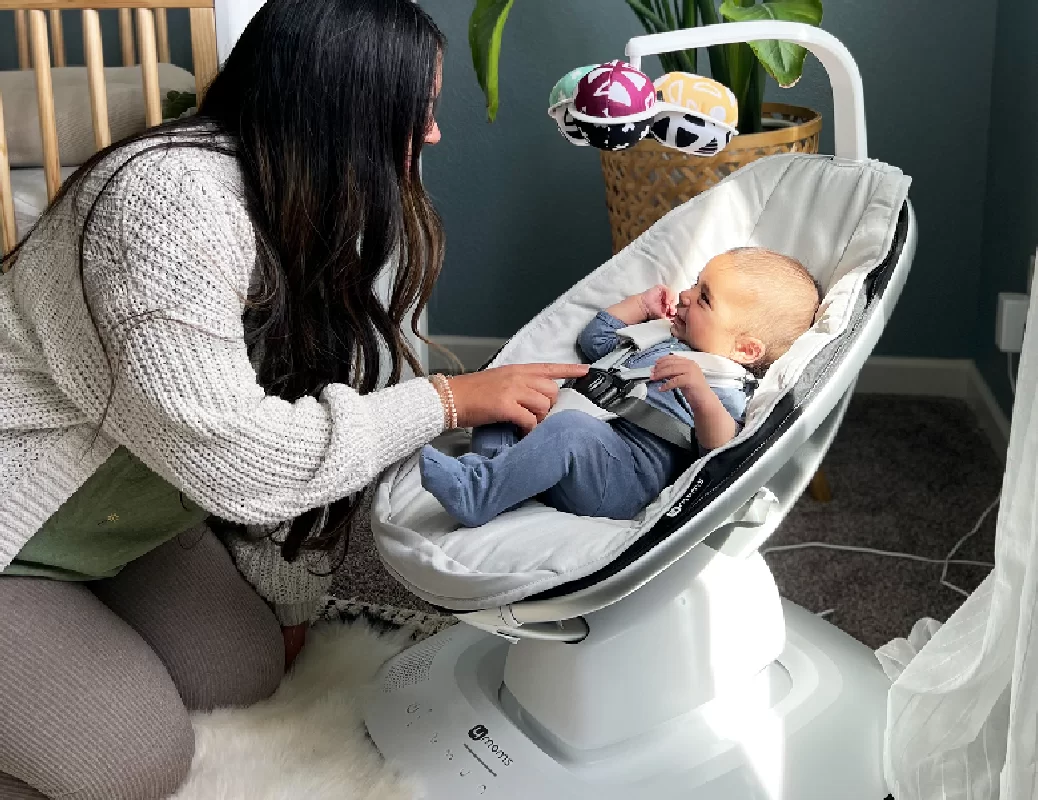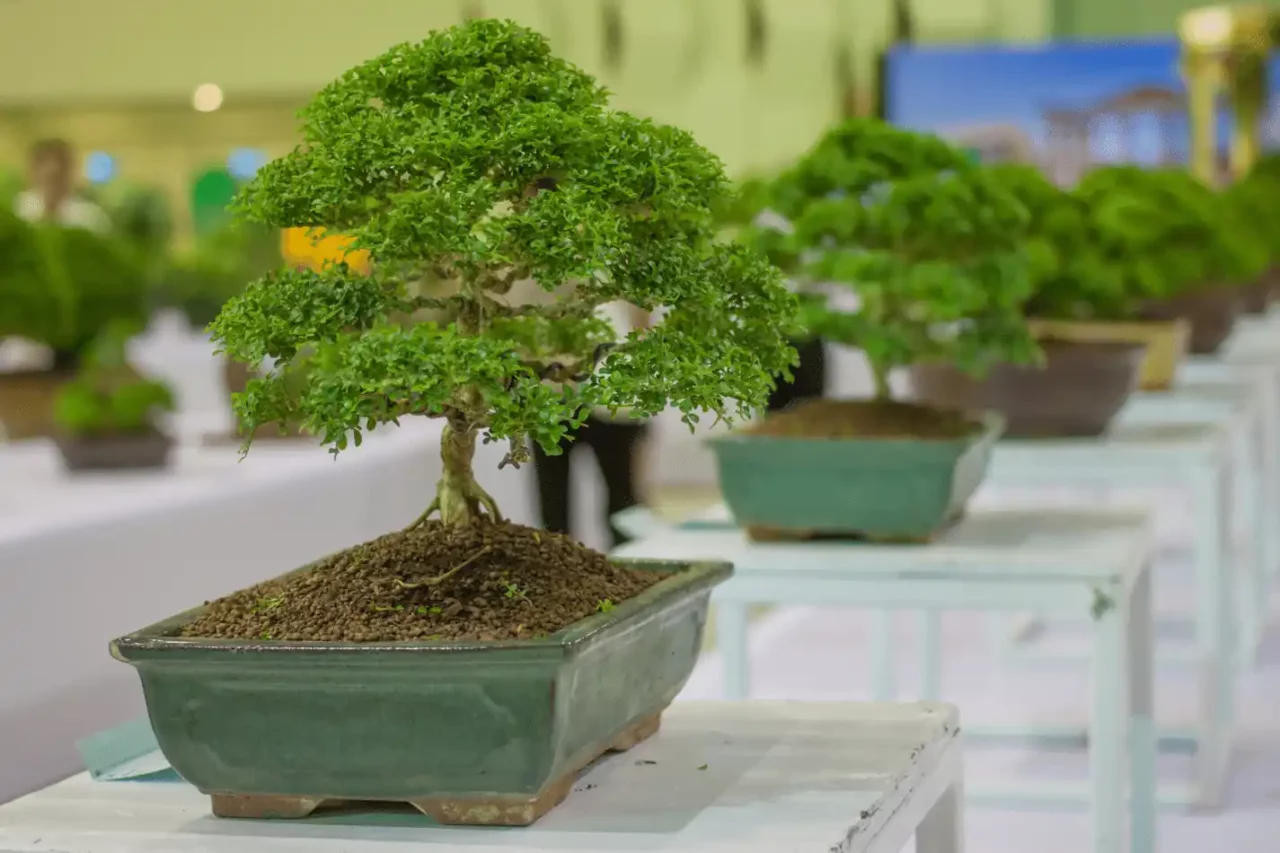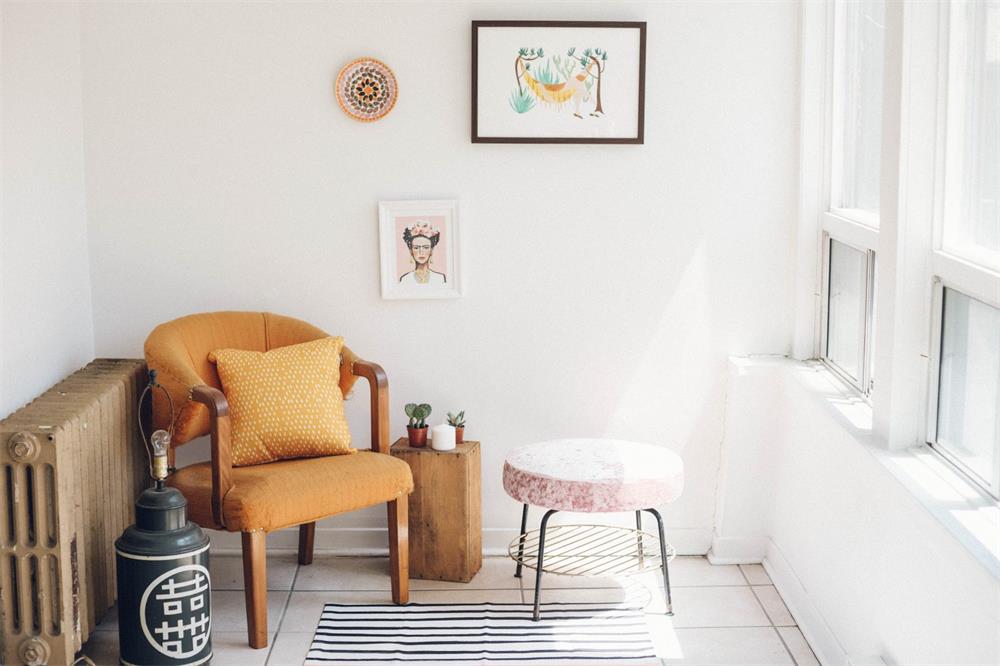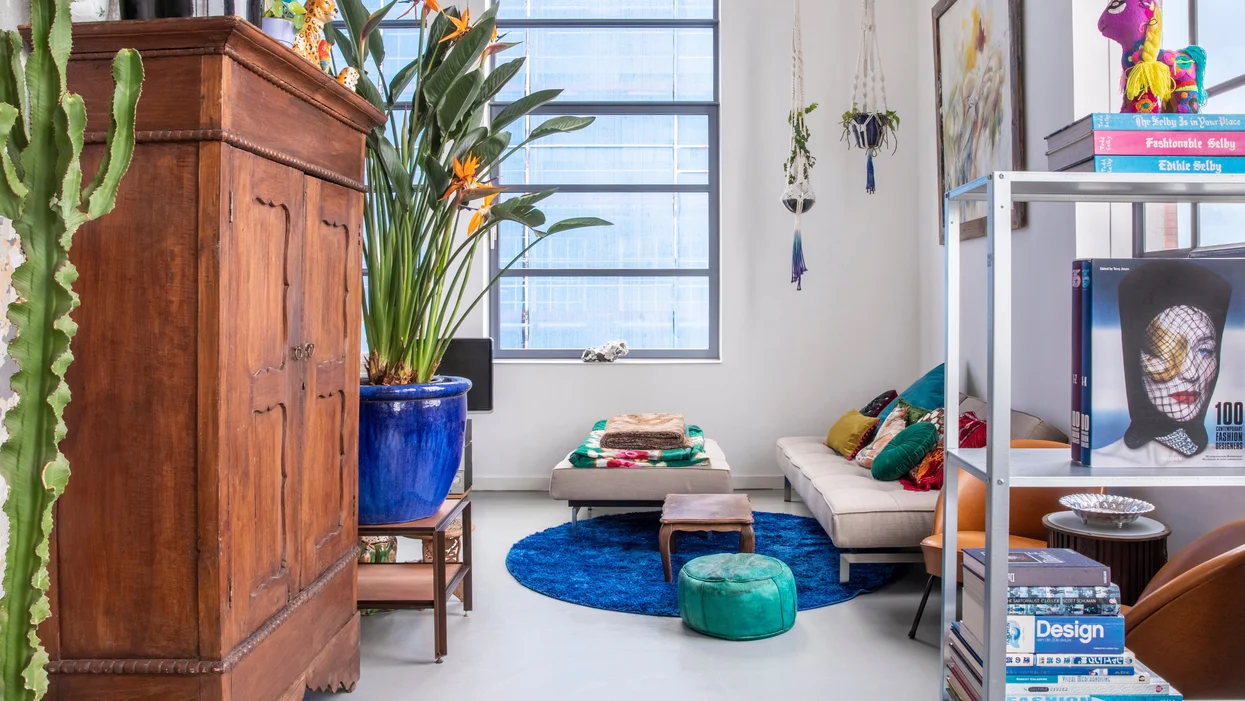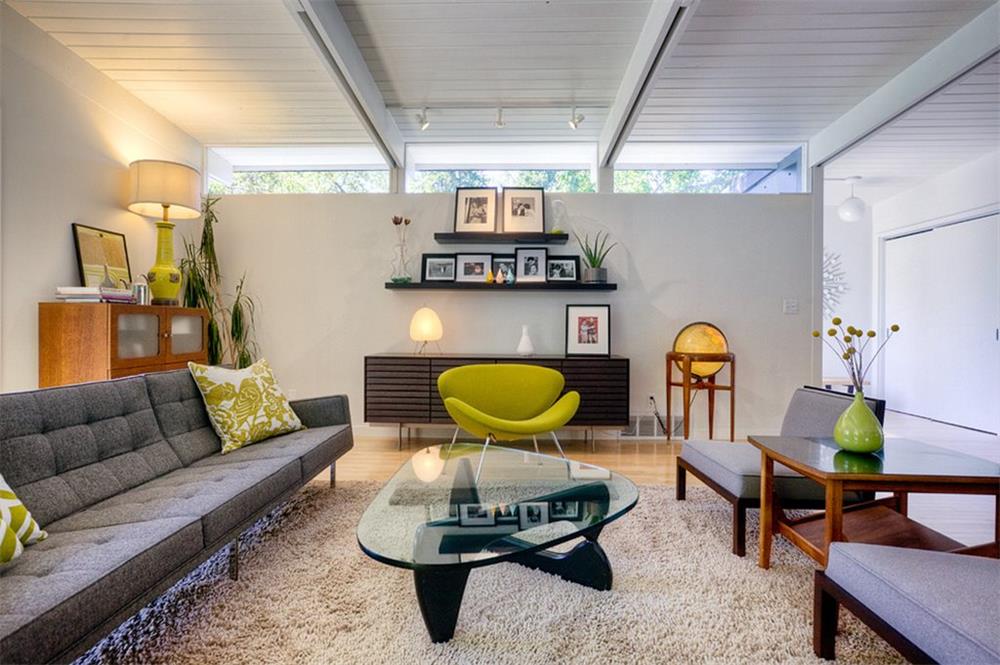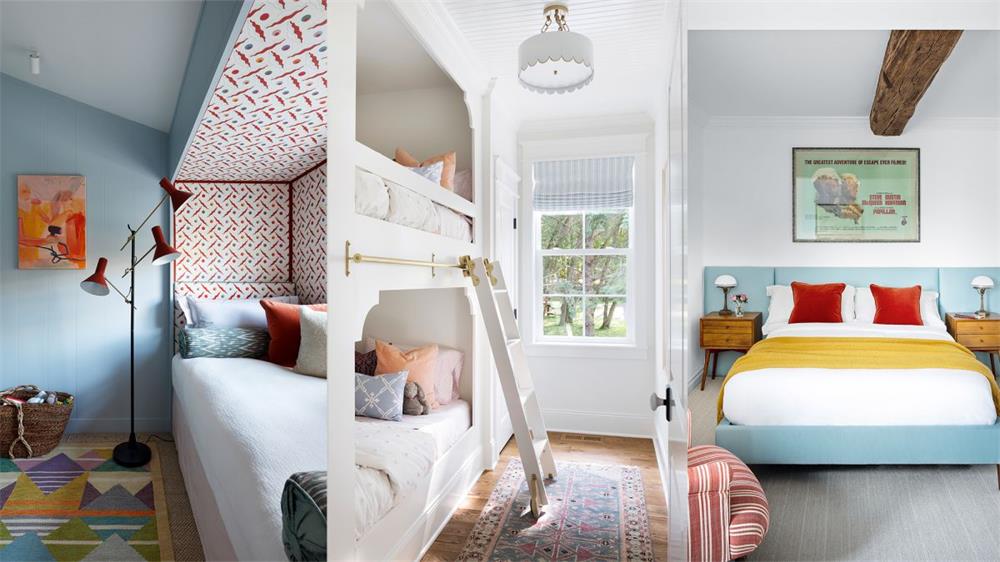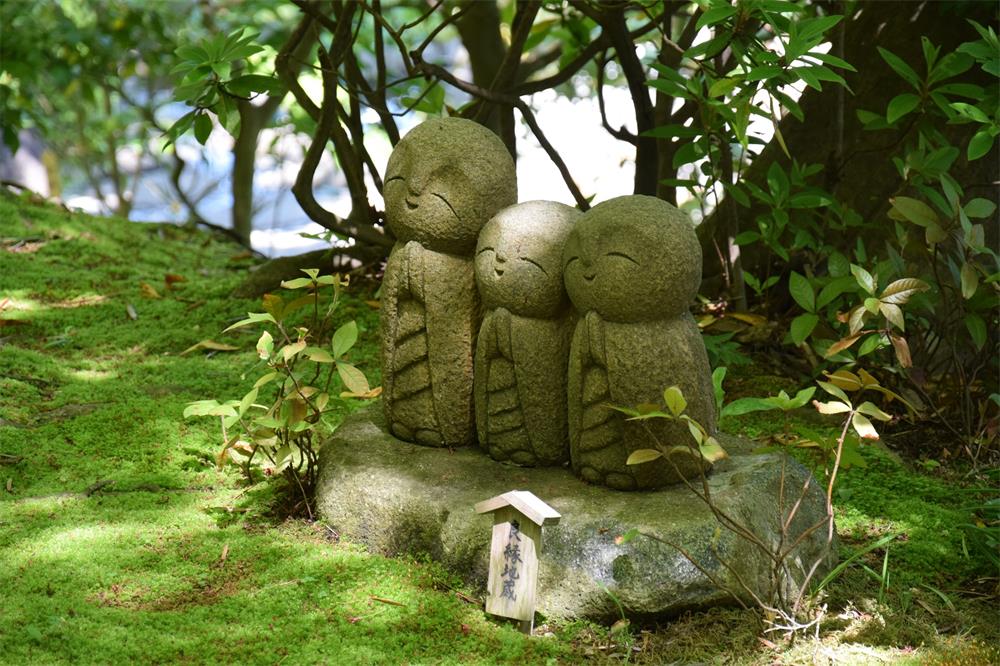Tiny houses are becoming more popular as people seek to simplify their lives and reduce their environmental impact. But living in a tiny house comes with some challenges, especially when it comes to finding a place to park it legally and safely. That’s why some tiny house owners choose to join a tiny house community, where they can share land, resources, and amenities with other like-minded people.
But before you pack your bags and move into a tiny house community, there are some things you should know. Here are five tips to help you decide if a tiny house community is right for you.
Contents
1. Do Your Research
Not all tiny house communities are created equal. Some are more established and organized than others, and some may have different rules, regulations, and expectations for their members. Before you join a tiny house community, do your homework and find out as much as you can about it. Some questions you may want to ask are:
- How long has the community been operating?
- How many members does it have and what are their backgrounds?
- What are the costs and fees involved in joining and living in the community?
- What are the legal and zoning issues that affect the community?
- What are the amenities and services available in the community?
- What are the values and goals of the community?
- How are decisions made and conflicts resolved in the community?
You may also want to visit the community in person and talk to some of the residents to get a feel for the place and the people. You can also check online reviews and testimonials from other tiny house owners who have lived or stayed in the community.
2. Know Your Needs and Preferences
Living in a tiny house community means living in close proximity with other people who may have different lifestyles, opinions, and personalities than you. You need to be clear about what you want and need from your living situation, and what you are willing or able to compromise on. Some factors you may want to consider are:
- How much privacy and space do you need?
- How social and interactive do you want to be with your neighbors?
- How much involvement and responsibility do you want to have in the community affairs?
- How flexible and adaptable are you to changing circumstances and expectations?
- How do you handle stress and conflict?
You should also think about your long-term plans and goals, and how they align with the community’s vision and direction. Are you looking for a temporary or permanent place to live? Are you willing to commit to the community for a certain period of time? Are you open to learning new skills and taking on new roles in the community?
3. Be Prepared for Challenges
Living in a tiny house community is not always easy or comfortable. You may face some challenges that you wouldn’t encounter in a conventional housing situation. Some of these challenges may include:
- Dealing with limited space, storage, and utilities
- Adjusting to different weather conditions and seasons
- Coping with noise, smells, and pests
- Following rules and regulations that may limit your freedom and choices
- Respecting boundaries and privacy of other residents
- Communicating and cooperating with people who have different views and values
- Managing conflicts and disagreements that may arise
You should be realistic about the potential difficulties and drawbacks of living in a tiny house community, and be prepared to deal with them constructively. You should also be willing to seek help and support from others when you need it, and offer it when others need it.
4. Respect Diversity
One of the benefits of living in a tiny house community is that you get to meet and interact with people who have different backgrounds, experiences, and perspectives than you. This can enrich your life and broaden your horizons, but it can also challenge your assumptions and beliefs. You should be respectful of the diversity that exists in the community, and appreciate the contributions that each member brings.
You should also be aware of your own biases and prejudices, and how they may affect your interactions with others. You should avoid making judgments or assumptions based on stereotypes or generalizations. You should also be open-minded and curious about learning from others, and willing to share your own knowledge and skills.
5. Have Fun
Living in a tiny house community can be a lot of fun if you make the most of it. You can enjoy the benefits of living in nature, sharing resources, making friends, learning new things, participating in activities, creating memories, and more. You can also express your creativity and personality through your tiny house design, decor, landscaping, etc.
You should also remember to have fun with yourself, by taking care of your physical, mental, emotional, and spiritual well-being. You should find time for relaxation, recreation, hobbies, passions, etc., that make you happy and fulfilled. You should also celebrate your achievements and milestones, both big

